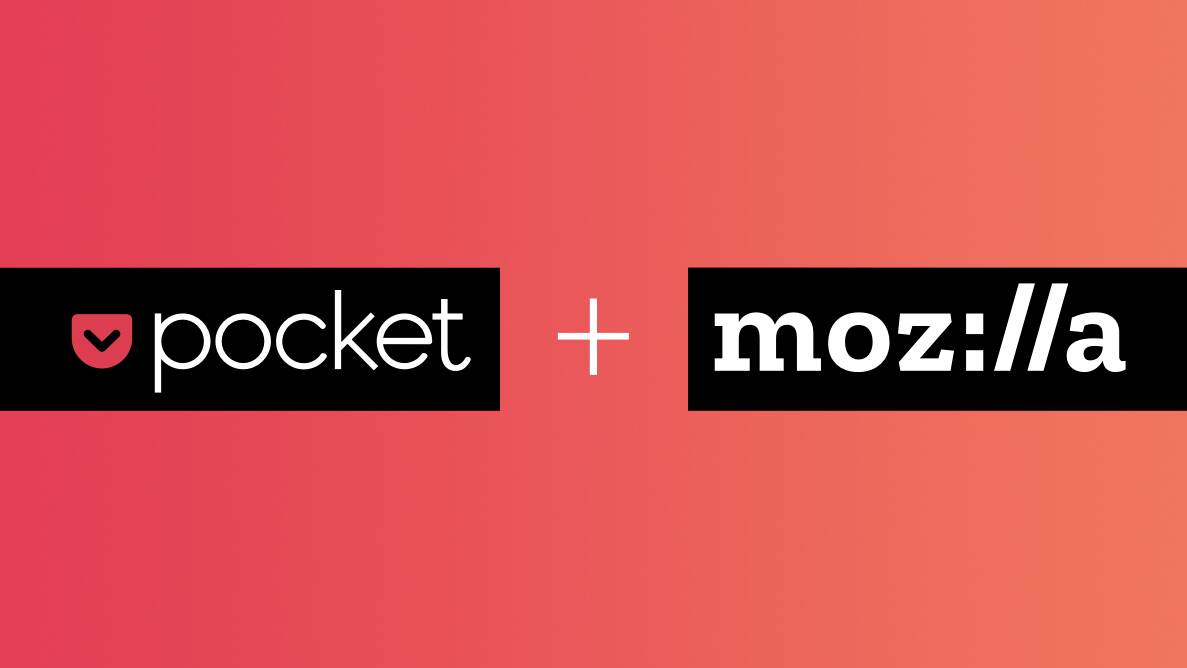Is Firefox’s position vulnerable in 2010?
For the last few years, Firefox has been the alternative browser of choice. But could it be running out of steam, wonders Simon Brew…

Sign up today and you will receive a free copy of our Future Focus 2025 report - the leading guidance on AI, cybersecurity and other IT challenges as per 700+ senior executives
You are now subscribed
Your newsletter sign-up was successful
In the mainstream market, the first sign of chinks in Microsoft's proverbial armour were arguably exposed by the Firefox web browser. Up until its release, the Redmond giant had looked impenetrable in the operating system, office and browser marketplaces, with its respective Windows, Office and Internet Explorer products dominant in their respective markets.
What Firefox demonstrated, however, is that the mass market was willing to embrace some kind of change. It's easy to overstate the impact of it, to be fair, as over five years since it was launched, Firefox is still in spite of plenty of media attention sitting at under a quarter of the market. But it's a quarter of a massive market, and one that was always going to take a long time to overhaul. And Firefox has succeeded where many others have failed (Netscape being the biggest and most obvious casualty) in slicing off a sizeable chunk of Microsoft's market share.
In the operating system market, for example, for all the hype surrounding Chrome OS, Linux and MacOS X, Microsoft still looks unstoppable.
12 months
2009 proved to be another good year for Firefox, too. According to figures released by Net Applications, the open source web browser grew its market share 2.92 per cent over the course of the year, while Microsoft's Internet Explorer saw its decline by nearly eight per cent. The running totals are 24.61 per cent of the market for Firefox, and 62.69 per cent for Internet Explorer.
But in much the same way that Microsoft had things all its own way for some time with the dominance of Internet Explorer, Firefox has benefited from being seen as the only alternative of choice (even though that couldn't be further from the truth). It almost seemed as if you had to opt for one browser or the other when choosing how to trawl through the internet. Granted, in the more enthusiast parts of the market that wasn't the case. But in terms of the mainstream, it has seemed like one or the other. The threat to Firefox now, however, is that other alternatives are gaining ground.
Sign up today and you will receive a free copy of our Future Focus 2025 report - the leading guidance on AI, cybersecurity and other IT challenges as per 700+ senior executives
-
 Mozilla adds paid tier, new features to developer network platform
Mozilla adds paid tier, new features to developer network platformNews The move follows community desire for a more personal experience and a way to financially support the web developer hub
-
 Mozilla picks Pocket for web recommendations
Mozilla picks Pocket for web recommendationsNews Firefox developers make first strategic acquisition
-
 Google and Mozilla join anti-Sopa/Pipa protest
Google and Mozilla join anti-Sopa/Pipa protestNews More heavyweights show their opposition to Sopa and Pipa, as two internet giants join the pack.

